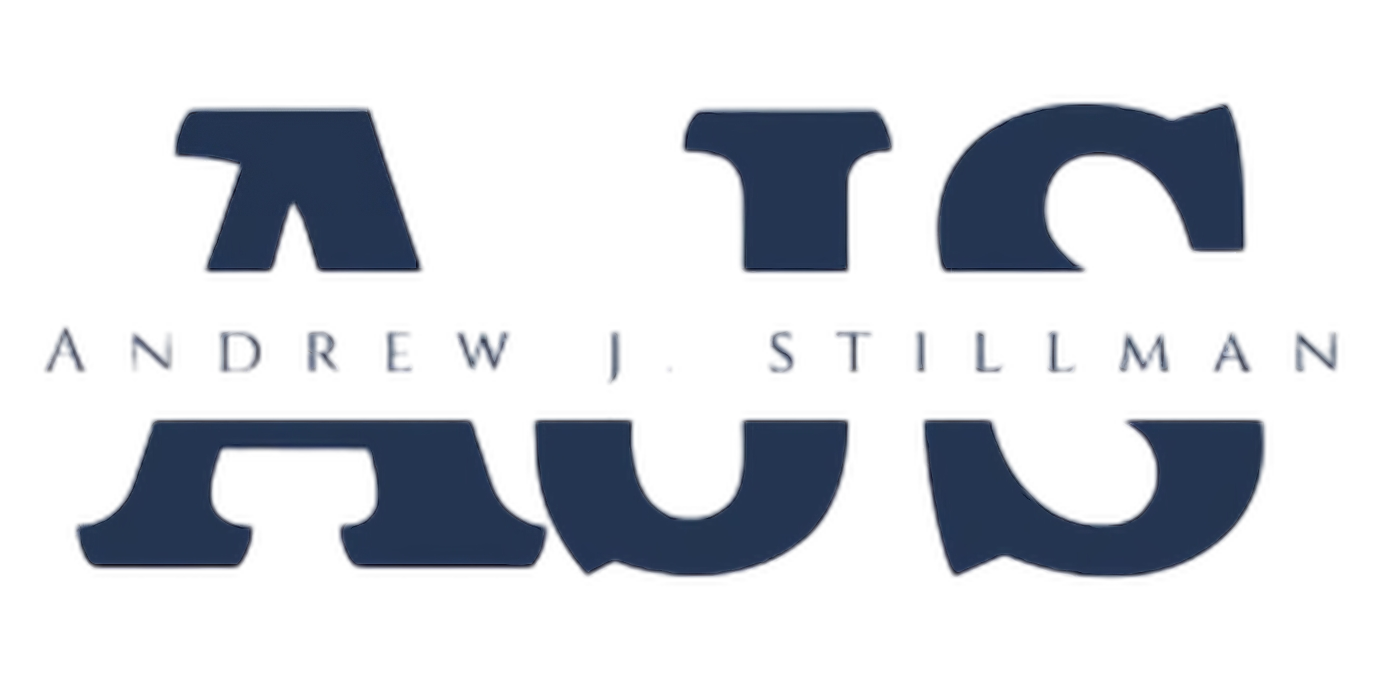How to Master Dialogue Tags: Beyond "Said" Without Overusing Alternatives
If you’ve ever even attempted to write anything in story format, you’ve more than likely found yourself caught in the middle of the debate over dialogue tags and whether “said” is the only one you should use. It’s long been a source of controversy in the writing community, especially those who prefer more descriptive alternatives. Some argue that "said" is invisible to readers and should be used exclusively, while others believe that more varied tags add flavor and depth to dialogue.
Debate aside, the actual truth is that dialogue tools are a tool, and like any tool, they should be used strategically.
How to Add Humor to Serious Stories: Techniques for Incorporating Humor Without Disrupting Tone
We all like to laugh, and humor can be a powerful tool in even the most serious stories. It lightens the mood, deepens character relationships, and offers readers a moment of relief before diving back into the intensity of the main plot.
However, it can be tricky to find the balance. Too much, and it can feel out of place or break the emotional tension; too little, and the story may become overly heavy. The key is learning how to weave humor into your story naturally without disrupting the tone. Let’s get write on in to some techniques
Villains vs. Antagonists: What’s the Big Diff?
It’s not uncommon for the terms “villain” and “antagonist” to get thrown around interchangeably, but they’re not actually the same thing.
Yes, all villains are antagonists, but on the flip side, not all antagonists are actually villains. Believe it or not, the distinction is important, as it can significantly impact the dynamics of your story, particularly how conflict and opposition are framed.
The Power of a Great Villain: Why Every Story Needs a Strong Antagonist
Even though they’re usually set up to be the bad guy, a great villain can be just as important—if not more so—than the hero who leads the story.
Yes, heroes inspire and guide us, and the purpose of the villains are usually to challenge the hero’s journey, create conflict, and force the protagonist to rise to new levels of greatness. Without them, stories would be bland and boring, and a well-crafted villain is the cornerstone of a compelling narrative, raising the stakes, driving the plot, and elevating the entire story.
How to Plan a Novel in 30 Days: A Step-by-Step Guide for Outlining Your Book
Whether you ever have or ever intend to participate in National Novel Writing Month (NaNoWriMo or NaNo) in November, you shouldn’t hold yourself to only writing a book within those 30 days. If you’re like me, you might find out about NaNo right before it starts and have no idea what to do.
Never fear, even if it feels like you totally should.
Interview Tips Writers Should Know
Whether you’re a newer writer or a seasoned pro, you’re bound to have to interview someone at some point of your career.
Regardless of your skill level, the status of your interviewee, or where the interview is going, let’s get write on in to some tips to help you crush your next interview.






